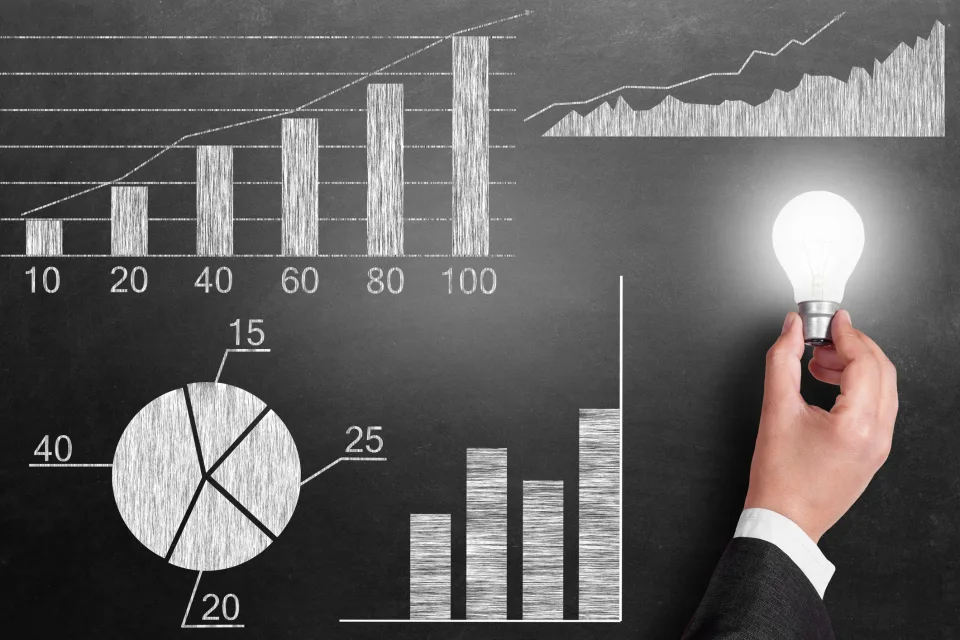
Warren Buffett, CEO of Berkshire Hathaway (NYSE: BRK.A) (NYSE: BRK.B), bears responsibility for “major investment decisions and all major capital allocation decisions” made by the company, according to financial filings with the Securities and Exchange Commission.
With that in mind, Berkshire sold 116 million shares of Apple (NASDAQ: AAPL) in the March quarter, reducing its stake by 13%. Apple still accounts for 40% of its $336 billion portfolio, but the company has now trimmed the position in two consecutive quarters. Meanwhile, Buffett purchased another mega-cap stock he believes will outperform the S&P 500 (SNPINDEX: ^GSPC) index.
Read on to learn more.
Apple: The stock Warren Buffett was selling
Apple benefits from brand authority and pricing power. Its ecosystem of appealing hardware, proprietary software, and integrated services creates a user experience for which people will pay a premium. Indeed, 80% of iPhones are priced above $800, while just 22% of Samsung (Android) smartphones are in the same range, according to the International Data Corporation (IDC).
Apple has a particularly strong presence in the smartphone market. The iPhone accounted for 20% of smartphone shipments by volume last year, up from 14% in 2019, according to IDC. But Apple also has a strong presence in the tablet, personal computer, and smartwatch markets, among other consumer electronics verticals. In total, its installed base exceeds 2.2 billion active devices.
Apple monetizes its installed base with adjacent services. That includes fees for iCloud storage, App Store downloads, and subscription products like Apple TV+, as well as advertising and financial services like Apple Pay. Importantly, Apple’s greatest growth prospects lie in services, because services revenue is growing more quickly than hardware revenue and services earn higher margins than hardware.
Apple reported disappointing financial results in the second quarter of fiscal 2024 (ended March 30). Revenue fell 4% to $90.8 billion due to a 10% decline in iPhone sales offset by a 14% increase in services sales. Meanwhile, GAAP net income dropped 2% to $23.6 billion, though the company managed to grow earnings per share with stock buybacks.
The problem with Apple is valuation. Wall Street expects earnings per share to grow at 10.6% annually over the next three to five years. If that number is divided into its current price-to-earnings ratio of 33.1, the result is a high price/earnings-to-growth (PEG) ratio of 3.1. That is a significant premium to the three-year average of 2.4, which may explain why Buffett trimmed Berkshire’s stake.
Berkshire Hathaway: The stock Warren Buffett was buying
The mega-cap stock Buffett bought during the first quarter was none other than Berkshire Hathaway. Specifically, he spent $2.6 billion on share buybacks during Q1 2024, building on $9.2 billion in share buybacks in 2023. Buffett has now repurchased Berkshire stock in every quarter since Q4 2018, which tallies up to 22 consecutive quarters.
That is consequential because the repurchase agreement stipulates that Buffett can only buy Berkshire stock when he “believes that the repurchase price is below Berkshire’s intrinsic value, conservatively determined.” In other words, Buffett believes the stock has consistently traded at a discount to its true value for several years.
Berkshire is a compelling investment for three reasons. First, its insurance subsidiaries generate cash in the form of premiums, and Buffett has historically earned good returns by investing that capital. Berkshire’s book value per share increased at 11.1% annually over the last decade, while the S&P 500 returned 10.9% annually during the same period. Changes in book value per share are a good proxy for changes in intrinsic value, so the implication is that Berkshire gained value more quickly than the S&P 500 over the last decade.
Second, Berkshire owns dozens of subsidiaries that operate across a diverse range of industries, including insurance, freight rail transportation, energy, retail, and utilities. Many of those wholly owned businesses provide goods and services that are essential in any economic environment, such that Berkshire has historically outperformed the S&P 500 during bear markets, as shown in the chart below.
| Bear Market Start Date | S&P 500 Maximum Decline | Berkshire Hathaway Maximum Decline |
|---|---|---|
| March 2000 | (49%) | (24%) |
| October 2007 | (57%) | (54%) |
| February 2020 | (34%) | (30%) |
| January 2022 | (25%) | (27%) |
| Average | (41%) | (34%) |
Data source: Yardeni Research, Ycharts.
Third, Warren Buffett has great confidence in Berkshire. “[W]ith our present mix of businesses, Berkshire should do a bit better than the average American corporation and, more important, should also operate with materially less risk of permanent loss of capital,” he wrote in his latest shareholder letter. The S&P 500 is synonymous with the U.S. stock market and, therefore, a benchmark for the average American corporation. So Buffett is saying Berkshire should safely outpace the S&P 500 over the long term.